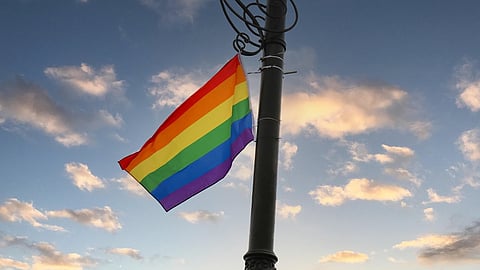A year ago, a fertility clinic in Kerala denied a 28-year-old transgender man the opportunity to freeze his eggs, citing legal restrictions. According to the Assisted Reproductive Technology (ART) Act, fertility services are only available to men and women within specific age limits. Hari Devageeth, a resident of Attingal in Thiruvananthapuram, was assigned female at birth but identifies as a man. Since his gender identity did not align with the legal definition of a woman, he was denied the procedure. In response, he approached the High Court, requesting that the hospital be directed to allow him to cryopreserve his eggs.
Beyond his personal case, Hari’s legal action seeks to establish a precedent that could help other LGBTQ+ individuals secure reproductive rights before undergoing gender-affirming surgery. He has the support of his mother and partner in this fight. Currently in the midst of his transition, Hari has undergone hormone therapy and breast removal surgery. His subsequent actions include more procedures, such as the removal of his ovaries. Realizing that this would rid him of his biological childbearing capabilities for life, he attempted to freeze his eggs for future use.
“I haven’t decided yet whether I want children, but I don’t want to lose the option,” Hari shared in an interview with Onmanorama. Though he had always considered egg freezing, financial constraints delayed the process. “The procedure alone costs around Rs 90,000, while medication and storage bring the total to nearly Rs 2 lakh. I could only afford it last year,” he explained. Hari, who is working in Bengaluru at present, pointed out that the expense is a major hindrance for most transgender people.
Indian law does not stop transgender individuals from having children biologically, yet access to assisted reproductive technology is unclear. Zahad, a trans man from Kerala, was the first recorded trans individual in India to deliver a baby in 2023 after having conceived naturally with his partner, Ziya Paval. However, Hari’s case differs as he seeks to preserve his reproductive ability before fully transitioning.


